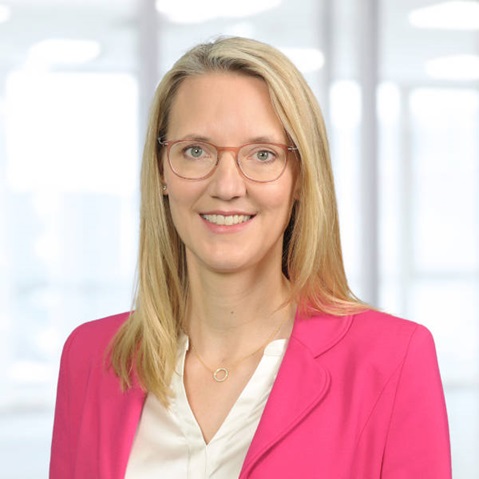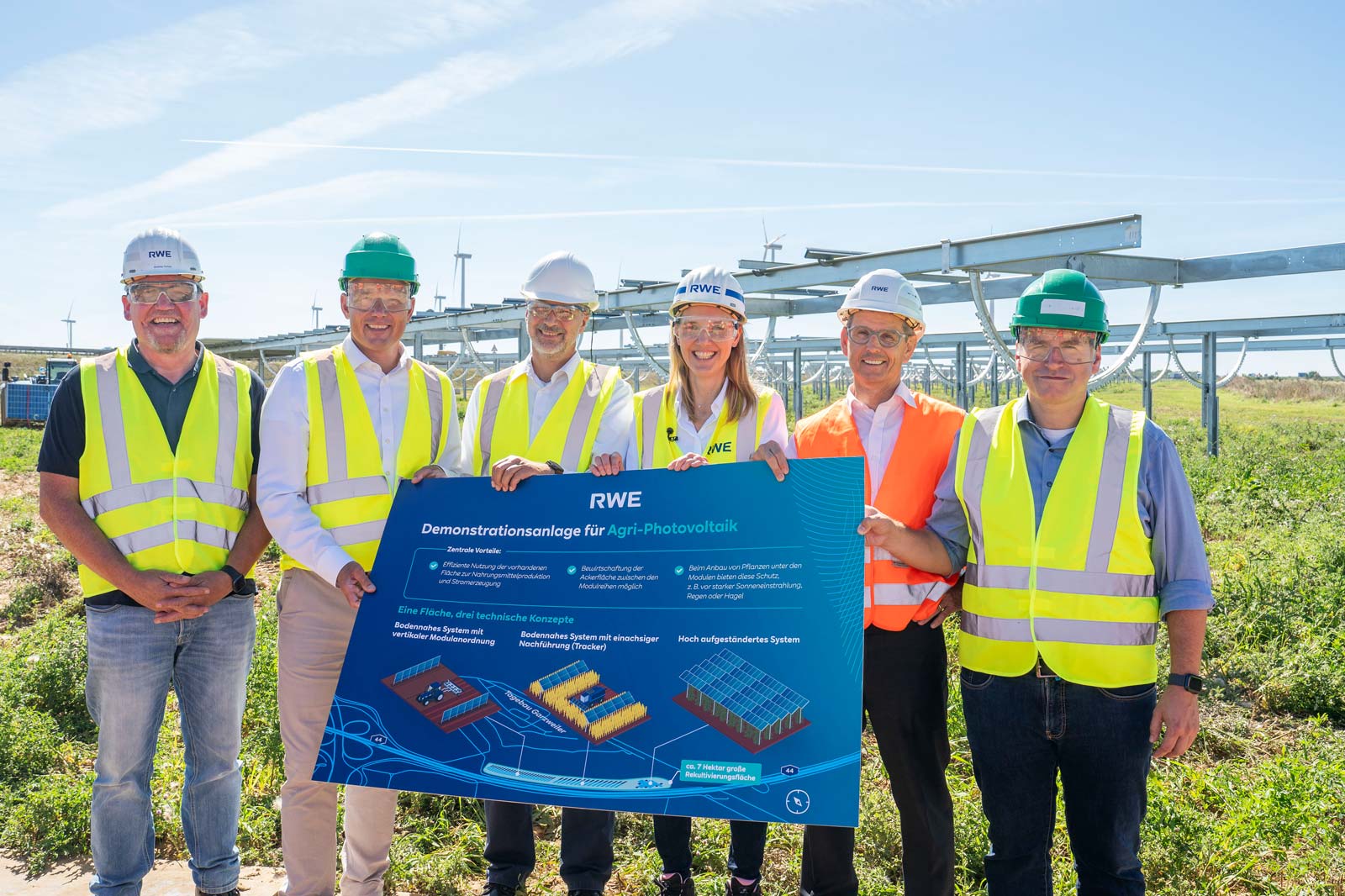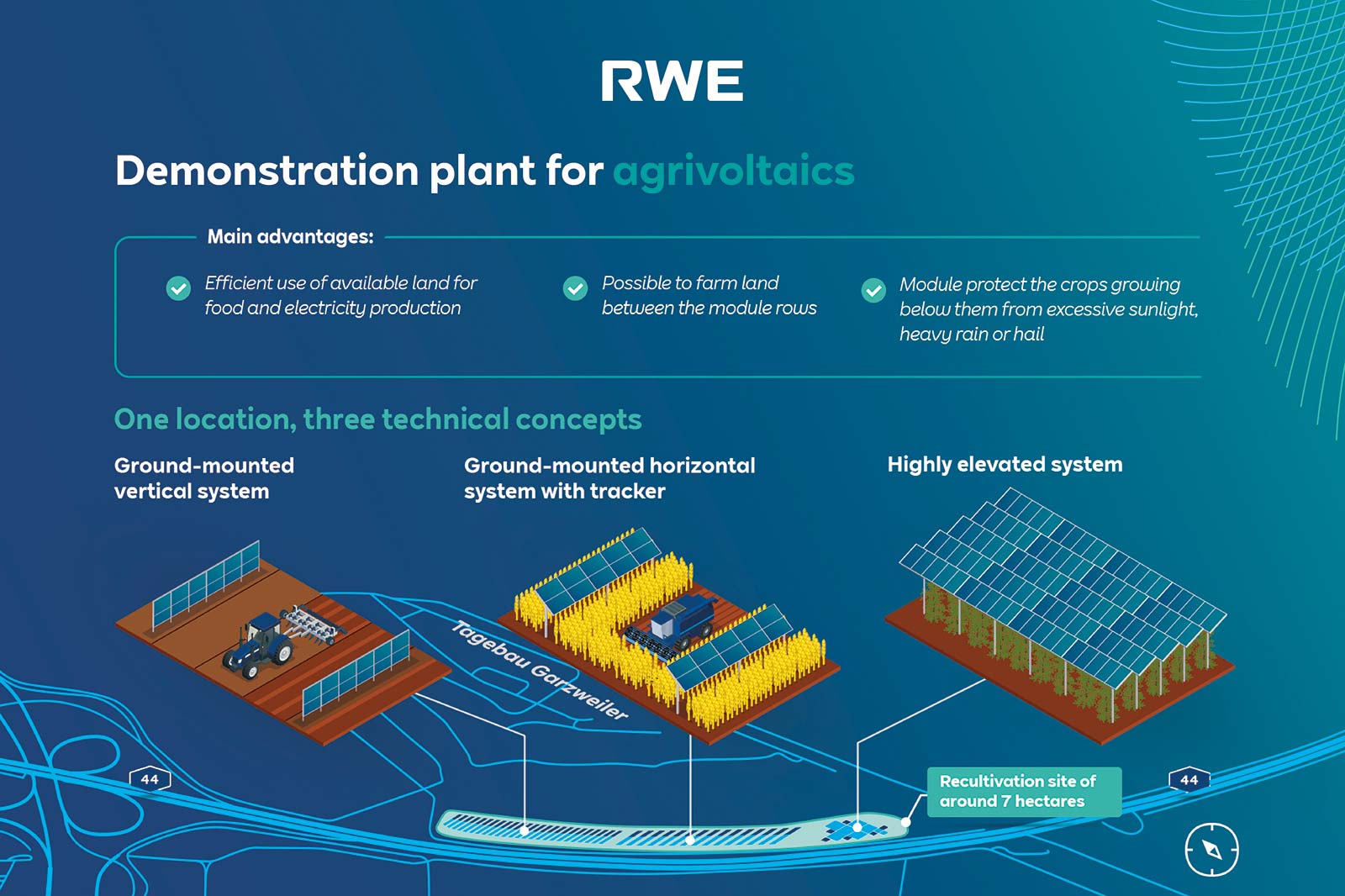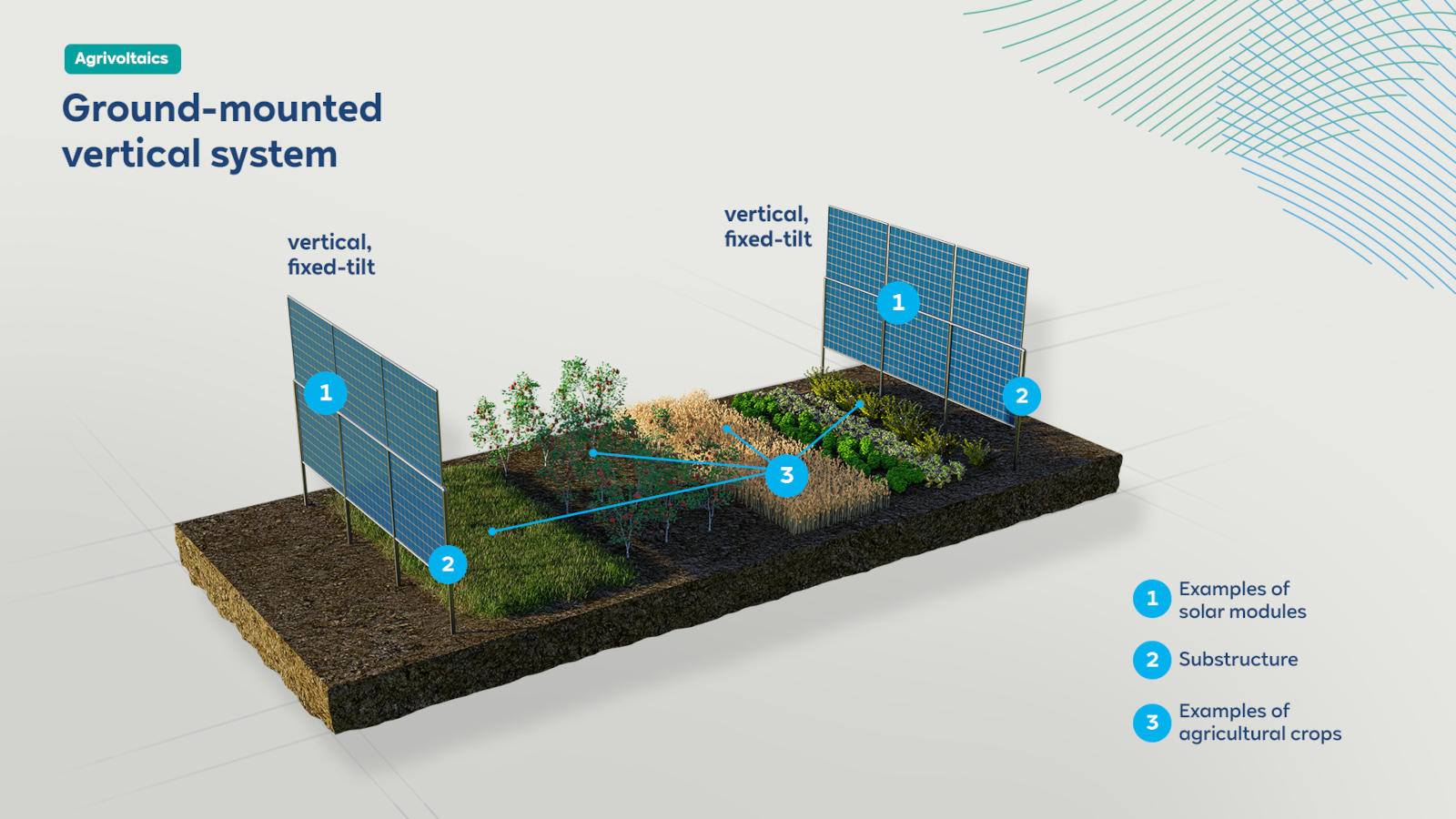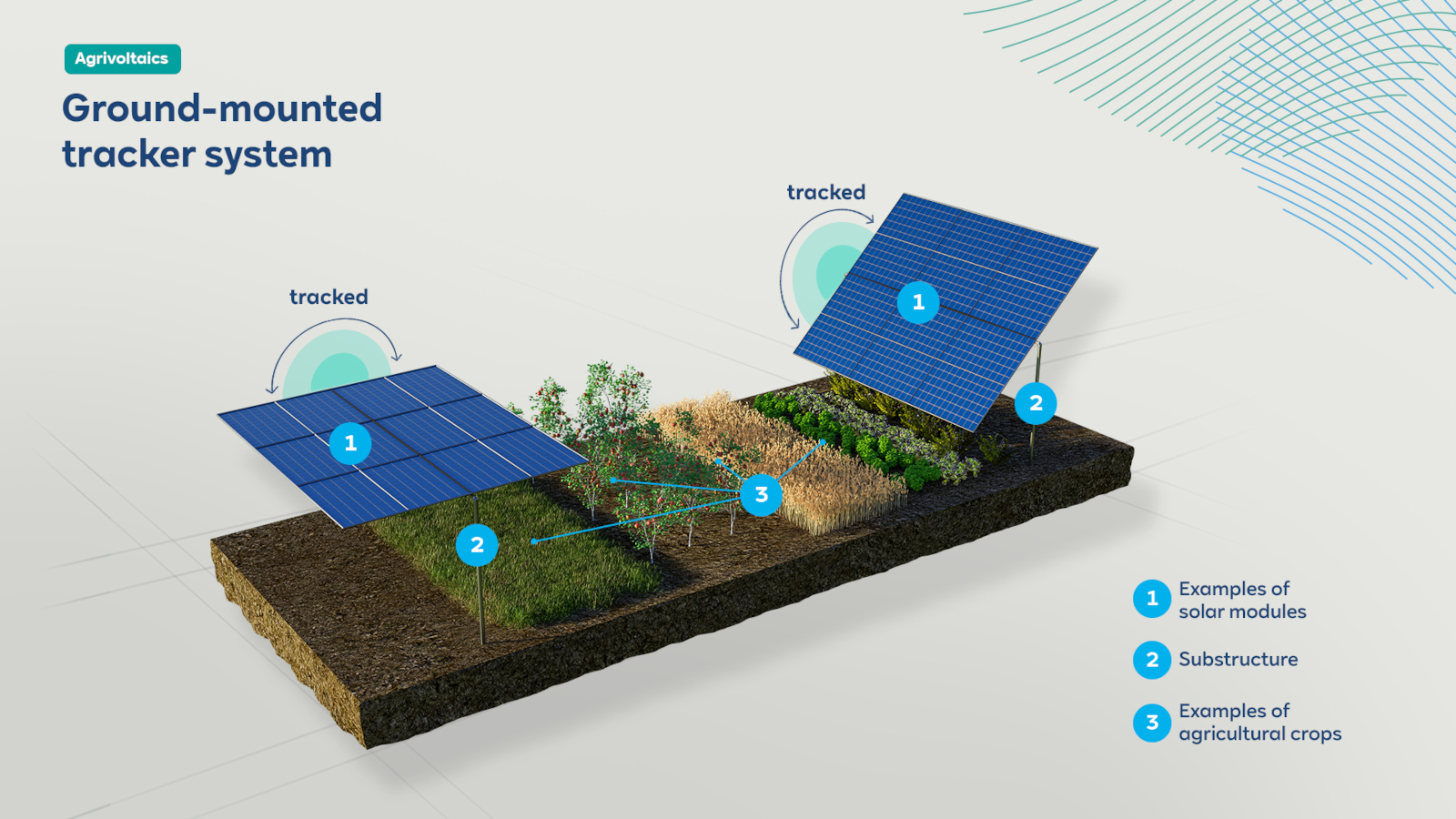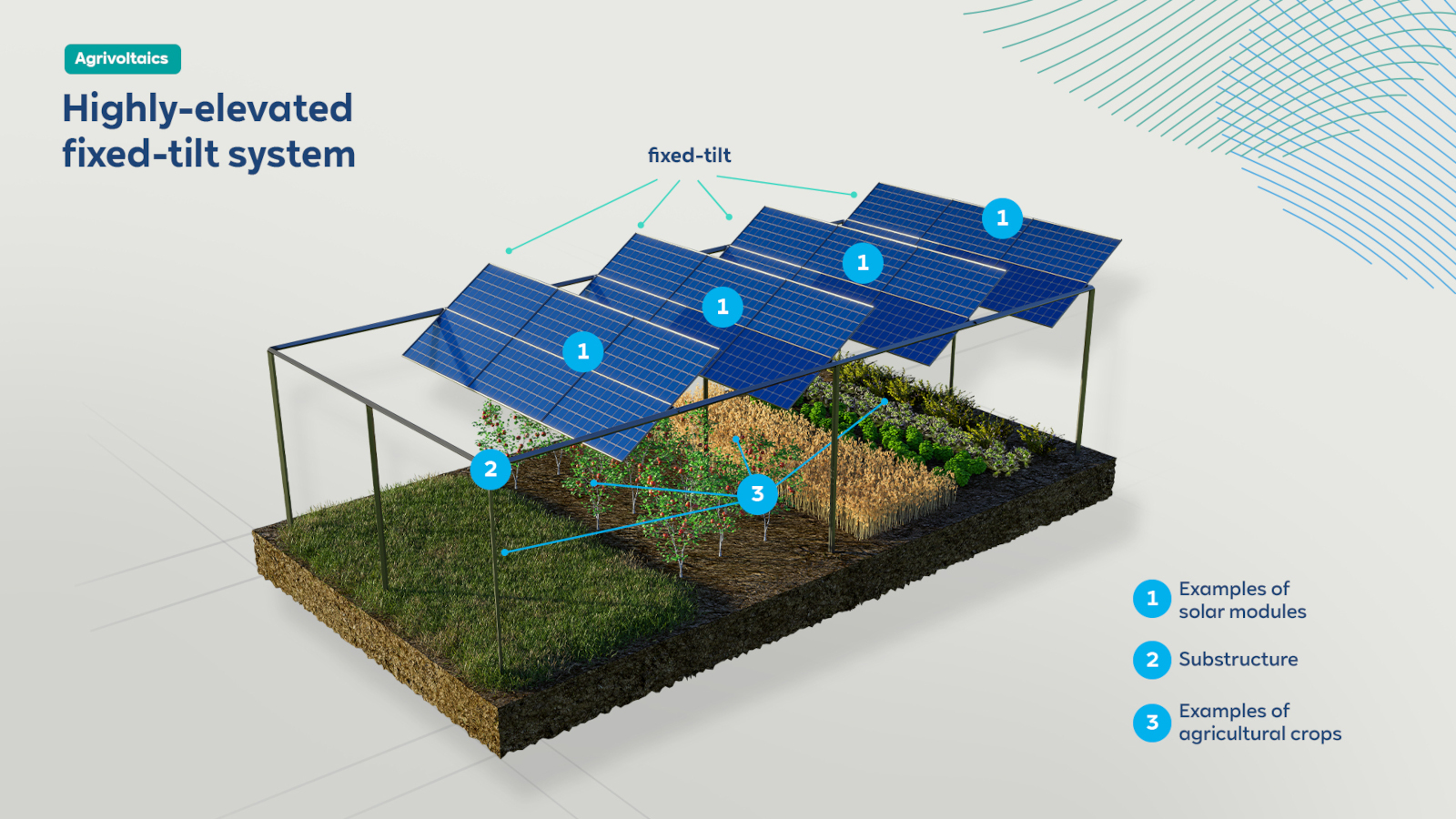Many countries today have limited land resources, and competition for land use between agriculture and renewable energy production can be problematic. Agri-PV plants use existing agricultural land efficiently by installing solar panels on the same land where crops are cultivated or livestock are kept.
Agriculture worldwide is facing the challenge of adapting to the requirements of a more sustainable food production. At the same time, the production of renewable energy is becoming increasingly important in order to mitigate climate change and drive forward the energy transition.
This requires a large amount of land, including agricultural land. Agrivoltaics (Agri-PV) is an innovative solution that combines these objectives.
Agri-PV plants are solar systems that are installed on agricultural land. They combine the production of clean solar energy with agriculture and thus create a sustainable symbiosis.


